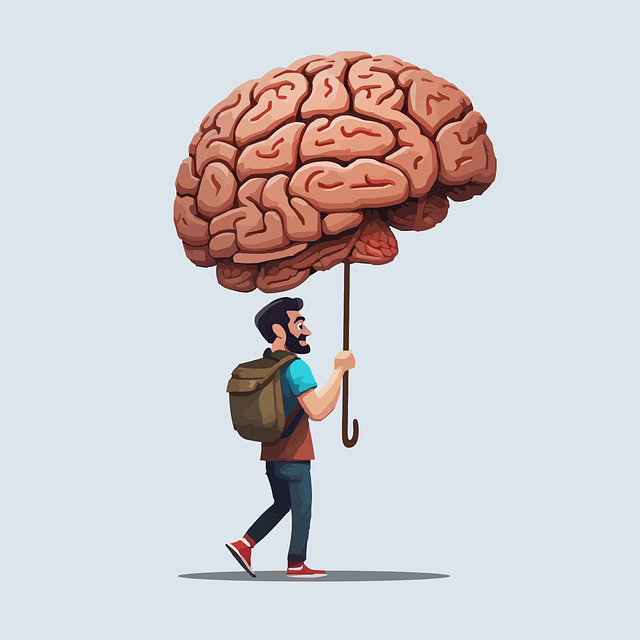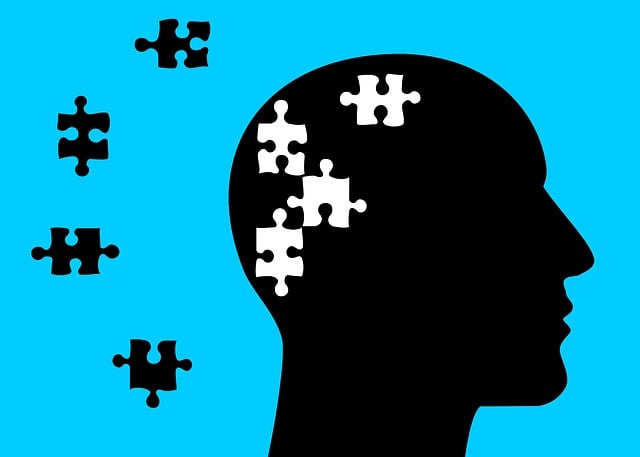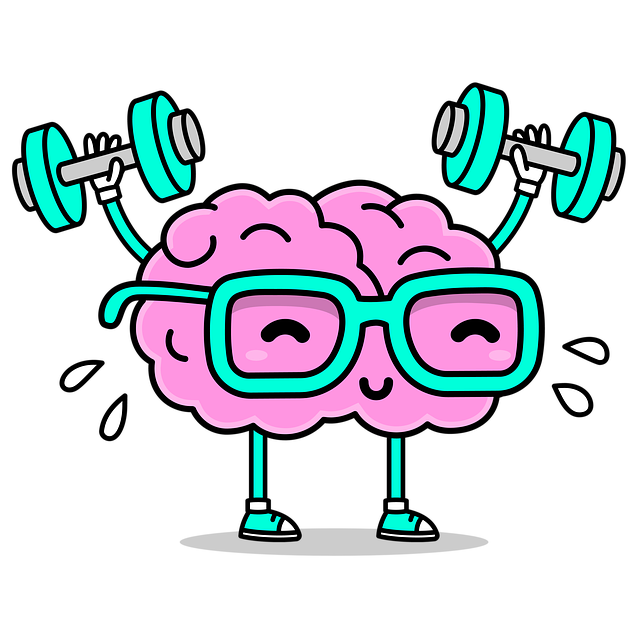Emotional intelligence (EI) is a cornerstone of effective therapy, as emphasized by Lafayette Therapy for Therapists-Clinicians. Through workshops and training, therapists develop EI, empathy, and client relationships, leveraging mindfulness, social skills, and self-care. This holistic approach not only enhances treatment outcomes but also improves therapist well-being, making Lafayette Therapy a premier choice for comprehensive mental healthcare solutions that prioritize both professionals and clients.
Emotional intelligence (EI) is a cornerstone in modern therapy, enabling therapists to connect profoundly with clients. This article delves into the significance of EI in therapeutic practices, focusing on how Lafayette Therapy empowers clinicians. We explore its defining concepts and relevance, examining specific strategies to enhance self-awareness and empathy. Through practical guidance, we reveal how integrating EI into clinical practice benefits both therapists and their clients, offering best practices for a more effective therapy experience.
- Understanding Emotional Intelligence: Defining the Concept and its Relevance in Therapy
- The Role of Lafayette Therapy in Enhancing Therapists' Emotional Intelligence
- Practical Strategies for Clinicians: Fostering Self-Awareness and Empathy
- Integrating Emotional Intelligence into Clinical Practice: Benefits and Best Practices
Understanding Emotional Intelligence: Defining the Concept and its Relevance in Therapy

Emotional intelligence (EI) is a multifaceted concept that refers to an individual’s ability to recognize, understand, and manage their own emotions, as well as empathize with others’ emotional experiences. In the context of therapy, particularly Lafayette Therapy for Therapists-Clinicians, understanding EI is paramount. It forms the backbone of effective client interactions by enhancing communication and fostering a deeper level of trust. Therapists equipped with strong EI skills can better navigate complex emotional landscapes, ensuring they provide tailored support to meet their clients’ unique needs.
In healthcare, particularly within the realm of therapist-client relationships, cultural competency training plays a pivotal role in improving outcomes. This includes recognizing and appreciating diverse emotional expressions, which are often influenced by cultural backgrounds. Compassion cultivation practices have also emerged as valuable tools, promoting not just emotional awareness but also a sense of connection and understanding between therapists and their clients.
The Role of Lafayette Therapy in Enhancing Therapists' Emotional Intelligence

Lafayette Therapy offers a unique and valuable resource for therapists and clinicians looking to enhance their emotional intelligence. Through innovative workshops and training sessions, professionals can develop a deeper understanding of their own emotions and those of their clients. This is particularly beneficial in the mental wellness industry, where high levels of empathy and self-awareness are essential.
The Lafayette Therapy approach focuses on practical Empathy Building Strategies, enabling therapists to strengthen their connections with patients. By mastering these skills, clinicians can improve their ability to manage complex client relationships and deliver more effective care. Additionally, Lafayette’s services include Risk Management Planning, crucial for maintaining a healthy work-life balance and mitigating potential burnout, which is a common challenge in the demanding field of mental health professional production.
Practical Strategies for Clinicians: Fostering Self-Awareness and Empathy

For clinicians seeking to enhance their emotional intelligence and improve client interactions, fostering self-awareness and empathy is a powerful starting point. This journey begins with introspection—a practice that encourages therapists to explore their own emotions and reactions. By integrating mindfulness meditation into their daily routines, professionals can develop a deeper understanding of their mental processes. Through this self-reflection, therapists gain valuable insights into how they perceive and respond to clients’ emotional states.
Additionally, social skills training plays a pivotal role in building empathy. Clinicians can refine their ability to connect with clients on an emotional level by practicing active listening, non-verbal cues, and empathic responses. Engaging in regular self-care practices is another essential aspect; when therapists prioritize their well-being, they can maintain a calm and present mindset during sessions. This holistic approach, combining mindfulness, training, and self-care, enables Lafayette Therapy for Therapists-Clinicians to deliver more effective and compassionate care.
Integrating Emotional Intelligence into Clinical Practice: Benefits and Best Practices

Integrating emotional intelligence (EI) into clinical practice can significantly enhance therapist-clinician interactions and treatment outcomes. Lafayette Therapy emphasizes the importance of EI as a cornerstone for effective mental healthcare. By cultivating strong emotional awareness, therapists can better understand their clients’ perspectives and tailor interventions to meet their unique needs. This approach not only improves client satisfaction but also fosters deeper connections, which are essential for successful therapy.
Best practices in incorporating EI into clinical settings involve enhancing cultural sensitivity in mental healthcare practice. Therapists should be adept at recognizing and respecting diverse cultural backgrounds and beliefs. Additionally, leveraging mind over matter principles can empower clients to manage stress reduction methods, promoting self-reliance and long-term well-being. These strategies collectively contribute to a more holistic and impactful therapeutic experience, making Lafayette Therapy a preferred choice for those seeking comprehensive mental healthcare solutions.
Emotional intelligence is a cornerstone of effective therapy, fostering deeper connections between therapists and clients. As discussed, Lafayette Therapy offers valuable resources for enhancing emotional intelligence among clinicians, particularly through self-awareness training and empathy development. By integrating these strategies into clinical practice, therapists can provide more nuanced care, improve patient outcomes, and create a more fulfilling therapeutic environment. For therapists and clinicians, investing in emotional intelligence is not just beneficial; it’s essential for navigating the complex human experience and making a lasting impact on the lives they touch.














